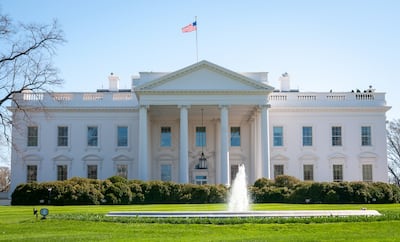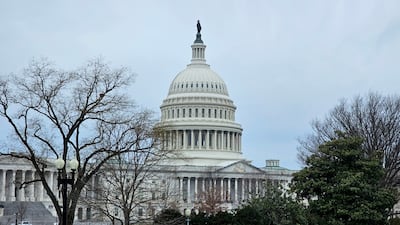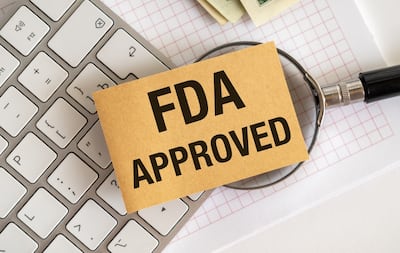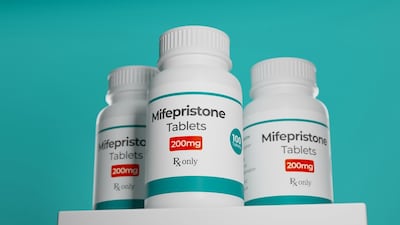Legislation

Many speakers at the Galien Forum were uncertain about changes the new Trump Administration could make the Inflation Reduction Act (IRA), National Institutes of Health funding and other areas.

Pink Sheet reporter and editors discuss potential changes that the incoming Trump Administration could make to the FDA, as well as worries about political interference in decision-making, and policy and staffing changes.

Former Trump adviser Tomas Philipson anticipates the FDA will undergo a deregulatory push during President Trump’s second term and emphasize speeding drugs to market.

Despite the recent anti-vaccine rhetoric in the final weeks of the Trump campaign, pulling an established safe and effective product off market would be difficult. But there’s little to stop political interference in approvals.

Drug pricing policies, M&A oversight, FDA and HHS leadership, the Biosecure Act and tariffs are among the issues pharmaceutical manufacturers will be closely watching under a second Trump Administration.

With Chair Lina Khan expected to exit the commission, the incoming administration may consider elevating one of the Republican commissioners on the panel to succeed her, at least on an acting basis.

While election results are not complete, prospects improve under new regime for 340B program reforms, PBM legislation, and Inflation Reduction Act drug pricing revisions. But immediate priorities for Congress and the new president will be elsewhere.

OCE Director Rick Pazdur celebrated 25 years at FDA by moderating a panel of five former commissioners. Topics included political challenges with the job and the ‘most memorable’ controversy they faced while in office.

PBM reform likely will remain a priority no matter which party controls Congress, but experts differ on the party that likely would be harder on the industry.

Republican presidential candidate Donald Trump says he will let Robert F. Kennedy Jr. “go wild on medicines” if he wins the White House. That could spell challenges for the US FDA in 2025.

Judges on the Third Circuit panel in the BMS and JNJ IRA cases seemed sympathetic to industry’s concerns about the government using the term “maximum fair price” in the IRA’s Medicare drug price negotiation program.

Some of the industry’s biggest challenges, and potential solutions, were hot topics at the BioFuture conference in New York.

Woodcock and the Haystack Project want to modify a foundational concept of modern FDA drug efficacy assessments, which may be seen as an attempt to more formally codify and define regulatory flexibility.

Olivér Várhelyi’s plans for his new role boil down to continuing legislative projects and other initiatives that have already been set in motion.

The second of six implementing acts for the Health Technology Assessment Regulation has now been adopted. It deals with how the European Medicines Agency is to cooperate with the European Commission and HTA experts in Europe.

Drug discount program reform would have the best chance of enactment if Republicans gain control of both the House and Senate and former president Trump is re-elected.

The updated directive could risk the supply of critical medicines and fail to incentivize greener product development more generally, warns European industry group EFPIA.

Whether the legislation aimed at discouraging use of Chinese contractors passes in its current form or not, industry will continue to face more pressure to decouple its operations.

The outcome of the November presidential election may impact whether the government is willing to defend FDA's relaxation of the mifepristone REMS. The case poses risks for the broader drug approval process.

New updates to 2006 regulations expand the existing framework governing drug shortages in Belgium.